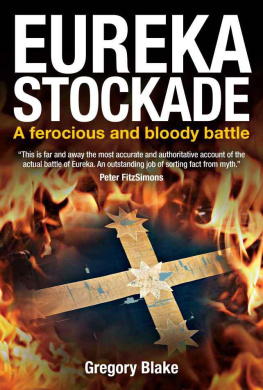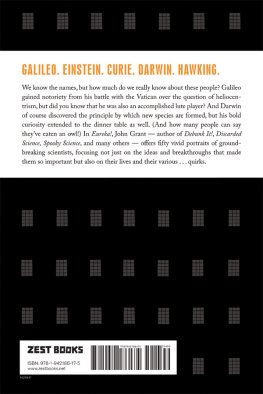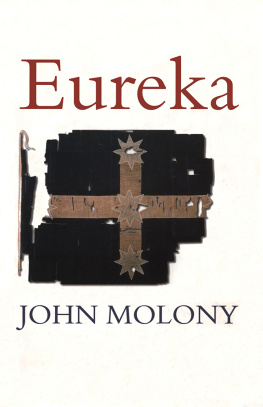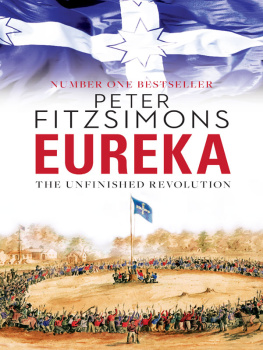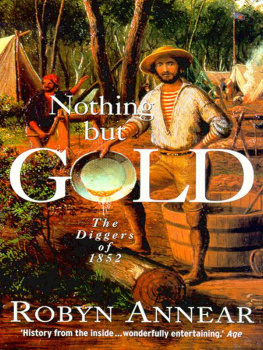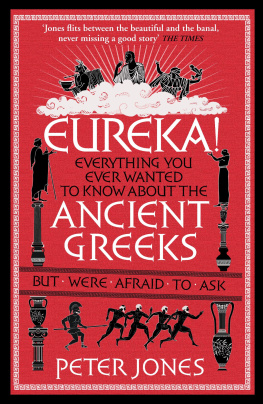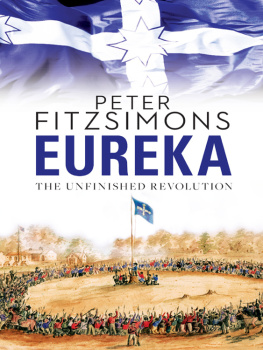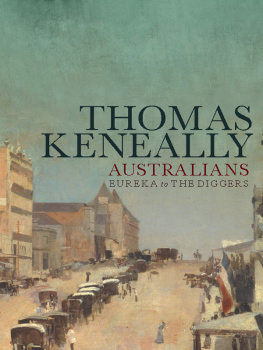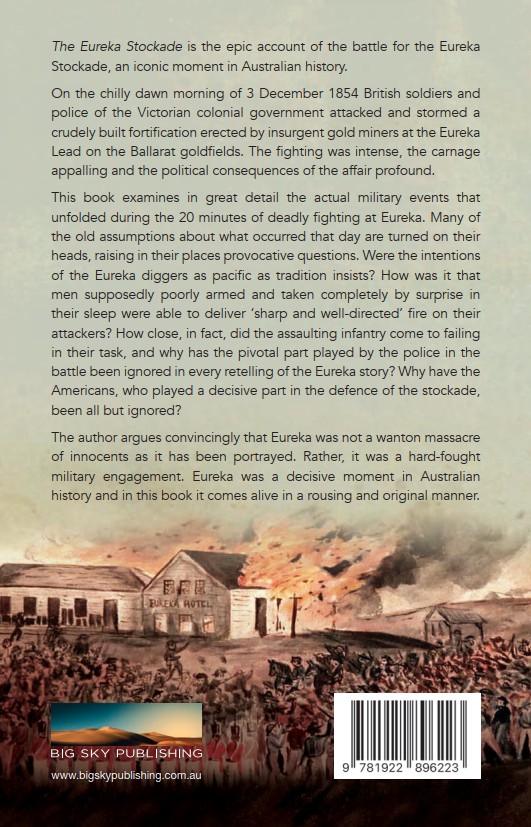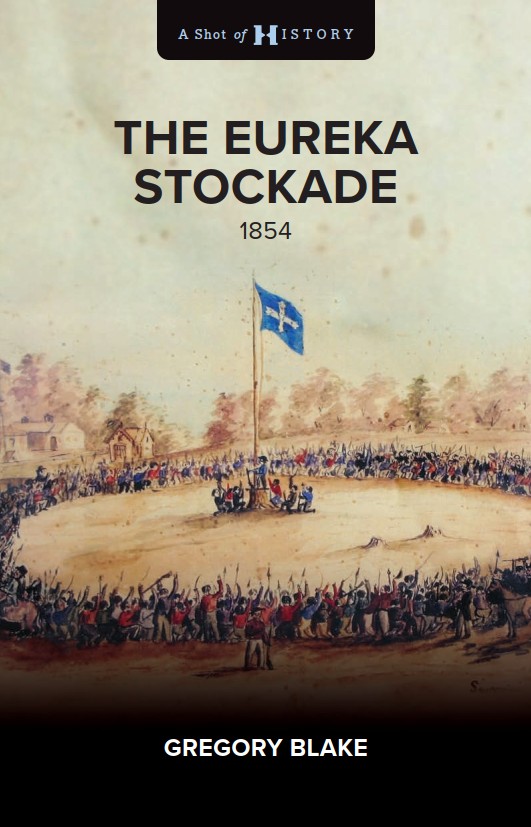Contents
|
| Chapter 1: |
|
| Chapter 2: |
|
| Chapter 3: |
|
| Chapter 4: |
|
| Chapter 5: |
|
| Chapter 6: |
|
| Chapter 7: |
|
| Chapter 8: |
|
| Chapter 9: |
|
| Chapter 10: |
|
| Chapter 11: |
|
| Chapter 12: |
|
| Chapter 13: |
|
| Chapter 14: |
|
|
Copyright Gregory Blake
First published 2023
This book is copyright. Apart from any fair dealing for the purposes of private study, research, criticism or review as permitted under the Copyright Act, no part may be reproduced, stored in a retrieval system or transmitted in any form or by any means, electronic, mechanical, photocopying, recording or otherwise, without written permission.
All inquiries should be made to the publishers.
Big Sky Publishing Pty Ltd
PO Box 303, Newport, NSW 2106, Australia
Phone: 1300 364 611
Fax: (61 2) 9918 2396
Email:
Web: www.bigskypublishing.com.au
Cover design and typesetting: Think Productions
ISBN: 9781922896223

Front Cover:
Swearing Allegiance to the Southern Cross, by Charles Doudiet (1854).
Back Cover:
Burning of Bentleys Hotel entitled Eureka Riot 17th October, by Charles Doudiets (1854).
A Shot of History
THE EUREKA
STOCKADE
1854
A Shot of History
THE EUREKA
STOCKADE
1854

GREGORY BLAKE
Table of Contents
Further Reading
1855 Victoria, State Trials, Queens v. Hayes, Victoria Supreme Court Archives
1855 Victoria, State Trials, Queens v. Joseph, Victoria Supreme Court Archives
Bancroft, H.H., The Works of Hubert Howe Bancroft, Vol XX1 History of California Vol IV, 18401845, A.L. Bancroft and Company Publishers, San Francisco, 1886, p.225.
Blake, G., Eureka Stockade: A ferocious and bloody battle, Big Sky lishing, Newport, 2012.
Carboni, Raffaello., The Eureka Stockade, The Miegunyah Press, Carlton, 2004
Carter, S. and Gartner, S. and Haines, M. and Olmsted, A. and Sutch, R. and Wright, G., Historical Statistics of the United States: Millennial Edition, ed., Cambridge: Cambridge University Press, 2006. , accessed 26 October 2010.
Eureka Reminiscences, Ballarat Heritage Service, Ballarat, 1998.
Molony, J., Eureka, Viking-Penguin Books, Melbourne, 1984.
Withers, W.B., History of Ballarat, Facsimile edition of 1887 original, Queensbury Hill Press, Carlton, 1980.
Prologue
Californians Robert Burnette and Bill Melody hunkered down behind the stockades slabs. These slabs were each about 4 feet high and 3 inches thick. They were clustered tightly together into something like a palisade. It was rough work, a barricade of slabs and overturned carts, but it was bulletproof. The whole thing had been built as a rectangle about 150 yards long and 75 yards wide. For Burnette, using cover was nothing new. He had hunted enough game in the hills back home and knew how to hide himself patiently and wait. Melody was not so comfortable. He was not used to squatting, immobile, behind wooden barriers. He was, however, a handy shot with a pistol. Burnette put his hand out onto Melodys shoulder, encouraging him to get down low.
Private Michael Roney had been down on one knee waiting for the order to advance. Captain Pasley had been trotting back and forth along the rear of the skirmish line for several minutes. He hadnt been saying anything, certainly not barking orders as officers were so wont to do. Instead he had been circumspect, restrained, Roney thought. That was odd, but who was he to argue with what an officer was doing.
Roneys musket was butt first into the ground and held up against his right side. He had unlatched his ammunition pouch and squeezed a couple of greasy paper wrapped rounds into his belt for easy access. He wished he could have a swig of his canteen, which he had filled with some lively grog he had purchased the night before, but that was not going to happen. He heard Pasleys horse stop and then a muffled word of command: Stand! He stood and shook himself, loosening up his joints after squatting for so long. He lifted his musket in front of his body and grasped it with both hands. A moment later there came another word of command: Advance! He stepped forward, ensuring he kept pace with the man a few yards to his right.
Roney and a dozen or so other men were part of the skirmish line. Their role was to go out in front of the main body to cover the advance. Roney knew that somewhere behind was the main body formed into closer packed ranks, but close enough to be ready to run forward and reinforce if necessary. He looked ahead. The first light of the new day was creeping up beyond the horizon. It was only a faint glow now but soon it would rise into a bright new days sun. He did not know what was out there in front of him. No-one knew that for sure. There were stories, something about a foolish stockade built by the ragamuffin diggers, who had, so it was said, collected firearms and pikes and were defying the authorities. He had nothing against those diggers as they called themselves, but here he was and there they were. He would do his duty. He licked his lips and hoped it would be over quickly so that he could get at that grog in his canteen.
A stone dug into Burnettes knee, forcing him to shift his weight. He reached down and flicked it aside. His fingers then quickly returned to the engraved lock of his rifle. He ran them down along the polished bronze trigger guard and then up to rest for a second on the copper cap sitting atop the nipple. He squinted down at his rifle and smiled. She was a faithful old piece that had been with him since he was a lad on the farm. Hed given it a name, Bessy. She was long and slender, with a solid maple butt, and a fancy engraved lock plate; he knew that old Bessy would not let him down.
Squinting, he tried to make out shapes in the distance. It was hard to see anything in the darkness, but he noted it was getting lighter. There was an early morning mist, not too thick but just enough to veil the detail of shapes. His eyes hurt a little with the strain and he blinked, flicking his finger up to rub them. He blinked again. Was that movement out there? He took a deep breath. There was something was moving out there, about 100 yards away, maybe a bit more. What was it? He rubbed his eyes again with his free hand. Then he saw them. They were spread out in regular intervals. It looked like a dancing line of tiny stars rippling up and down. What was it? Then it dawned on him, white belts, soldiers belts. By God, it was the army. He sucked in his breath. His mind raced. His stomach screwed into a knot.
Roney stepped forward. He held his musket at the ready. To his left Patrick OKeefe was making his way carefully, stepping lightly over some discarded slabs. Most of the lads in the skirmish line were steady and experienced. Several had seen serious business in India and knew their trade. Roney stared out into the dark, trying to make something of what lay before him. The sun was rising, but it was in his face, and it cast long, black shadows towards him. He pursed his lips and shook his head; there was nothing for it but to press on.


